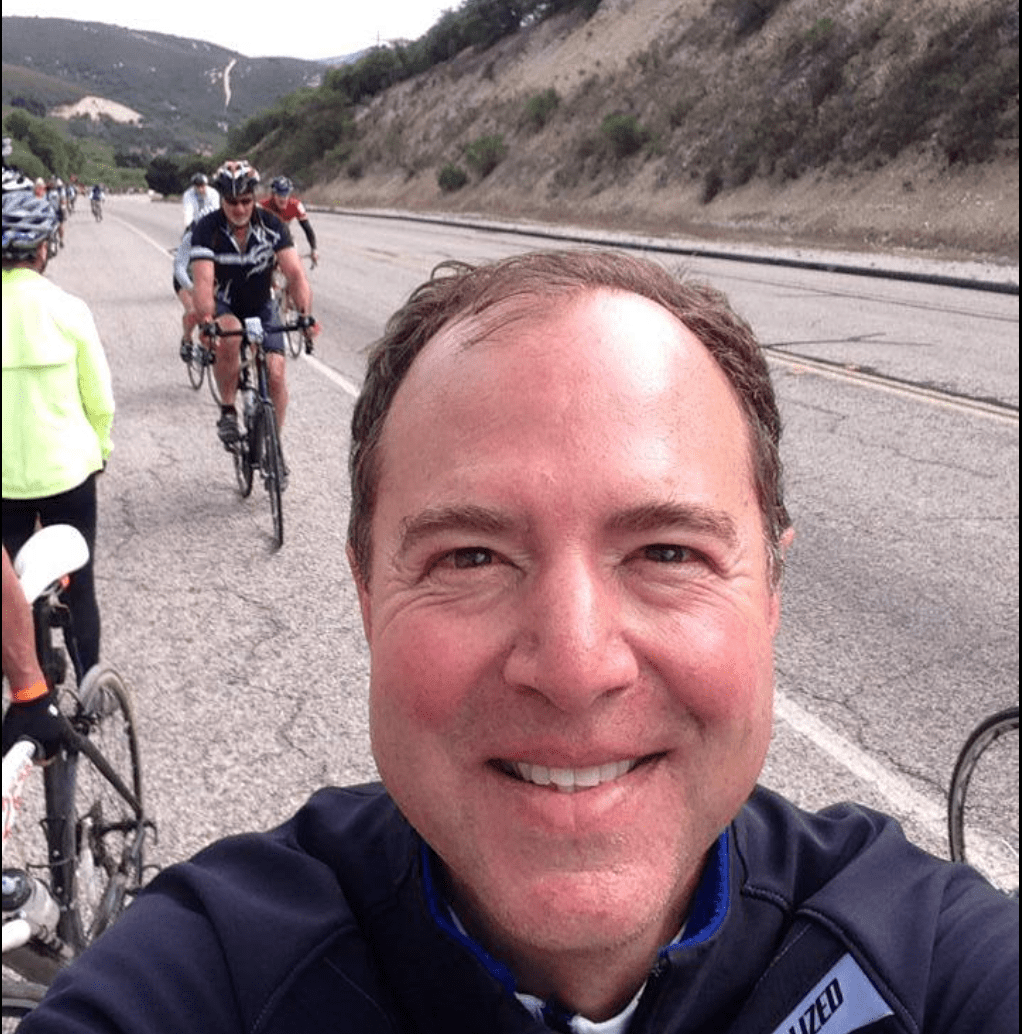Broadening Its Outreach, SFBC Helps Organize “Bike Build Convivios”
4:48 PM PST on February 21, 2013
On a sunny Sunday afternoon in the Mission, an energetic crowd filled a room with about half a dozen bikes propped up on stands. Among the crowd was Juana Teresa Tello, who was there to get some pro bono guidance on how to fix up a two-wheeler that will help her get to work, to school, to the grocery store, and around San Francisco.
"It's exciting. It's me learning a skill, an interest, and getting a new mode of transportation around the city," said Tello, who works as a community organizer with local social justice advocacy group POWER. "It's a community-led process, where you're recycling bikes, you're learning to fix them yourself so we can do this on our own."
"It's a learning curve," she added.
The event, called "Bicis del Pueblo" ("Bikes for the People"), was one of the new "Bike Build Convivios" organized by the San Francisco Bicycle Coalition and community organizations like People Organizing to Demand Environmental & Economic Rights (PODER). At the second event last Sunday, several dozen people showed up at the Eric Quezada Center for Culture and Politics at Valencia and 16th Streets to learn how to fix up a bike and ride it safely.
Interest has been so intense the organizers have a hard time keeping up. "We actually don't have enough bikes for everybody," said Chema Hernández Gil, community organizer for the SFBC.
The SFBC and other organizations collect bikes that are donated or recovered by the police and unclaimed, and volunteer bike mechanics at the Convivios walk participants through the process of fixing it up, Hernández Gil explained. "We have these bicycles, we want to get them refurbished and into the hands of members of these community groups -- people who need a way of getting from point A to point B, to work, to school," he said.
Hernández Gil joined the SFBC last October as a bilingual community organizer to help bolster its efforts to reach out to Spanish-speaking residents. The Bike Build Convivios are one part of the organization's campaign to create more programs in partnership with organizations in non-English-speaking communities. The SFBC also teaches bicycling classes and prints its Family Biking Guide in Spanish and Chinese, and the Convivios include an "Intro to Safe Biking" workshop in English and Spanish. Hernández Gil said the events will continue in the following months in neighborhoods including Civic Center, Excelsior, and Visitacion Valley.
Oscar Grande, a community organizer for PODER, said his organization was excited about teaming up with the SFBC to work toward common goals like providing economically and environmentally sustainable transportation options. "We strengthen our communities, we strengthen the advocacy efforts that are going on, and the awareness that's going on," he said.
"There are challenges in the community around transit issues, from young people not having money to ride public transit daily, to safety issues, to access issues for young folks and families coming from the southeast into the central city to school, to their work," he said. "We look at bicycling as a way to bridge that, and do it in an economical way."
At least as important as the transport benefits of the Convivio, said Grande, is the opportunity to bring people together. "You're not just buying a bike, or someone's giving it to you," he said. "You're with your friends, you're with your neighbors, you're building bikes together. You're learning something new."
While the Convivios aren't the first low-cost venues for people to learn to fix up old bikes -- community bike workshops like the Bike Kitchen and the Yellow Bike Project have been around for years -- the events are being promoted as social gatherings by groups like PODER and the Chinese Progressive Association, reaching residents who might otherwise be unaware of such opportunities.
LisaRuth Elliott, who volunteered as a mechanic at the Convivio, said she was glad the SFBC was broadening its outreach. "This is really helping people make a choice that is about everyday climate issues," she said. "It's a really good way of integrating these empowering programs into another empowering activity."
Stay in touch
Sign up for our free newsletter







